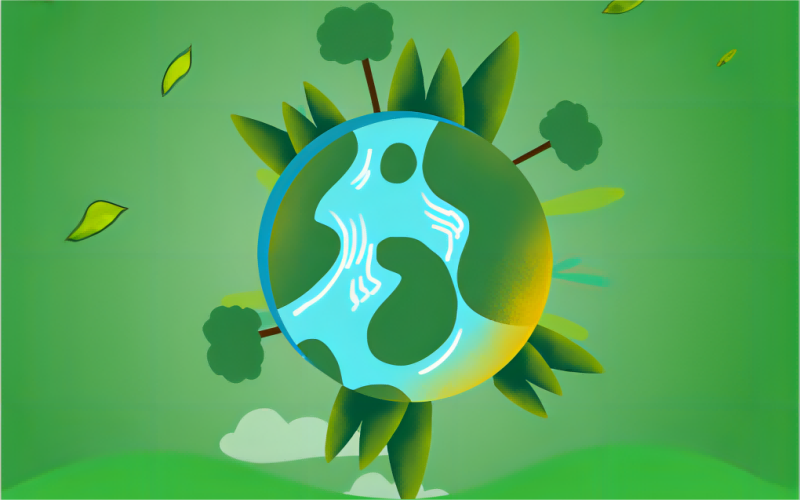
From Ocean Plastic to Static-Safe Fabric: The Science Behind Recycled Antistatic Textiles
2025-06-24 22:40
Every minute, a garbage truck’s worth of plastic floods our oceans. Yet within this crisis lies an ingenious solution: transforming salvaged fishing nets and PET bottles into antistatic fabric through conductive thread weaving. This hybrid approach merges environmental action with industrial protection, creating textiles that actively channel electrostatic charges away from sensitive environments.
The Conductive Hybrid Weaving Process:
Unlike surface treatments that degrade, CJTI’s method integrates conductive threads directly into recycled fabrics:
· Ocean Plastic Regeneration
Marine waste is purified into polymer flakes, removing salts and organic residues.
· Conductive Thread Integration
Stainless steel/carbon-core threads are systematically spaced (2-10mm intervals) during weaving.
· Antistatic Fabric Formation
Hybrid loom technology interlaces recycled yarns with conductive threads, creating continuous electrostatic dissipation pathways.

Electrostatic Control Mechanism:
The antistatic fabric achieves protection through physics:
· Conductive Grid Effect: Threads form parallel charge-dispersing circuits
· Surface Resistance Control: Maintains 10^6–10^9 Ω/sq without chemical coatings
· Wash Resilience: Metallic cores withstand 100+ industrial laundries
Where Hybrid Antistatic Fabric Excels:
· Petrochemical Safety
Conductive threads prevent sparks in fuel-rich environments
· Electronics Manufacturing
Grid discharge protects microelectronics from ESD damage
· Medical Cleanrooms
Reduces particle adhesion in sterile environments
Eco-Engineering Synergy:
· Using ocean plastics in hybrid antistatic fabric:
· Cuts virgin plastic use by 1kg per 3㎡ fabric
· Upcycles non-biodegradable ghost fishing nets
· Passes Oeko-Tex Standard 100 toxicity screening
As innovators in electrostatic control solutions, CJTI advances this technology to bridge ecological stewardship and industrial safety.












